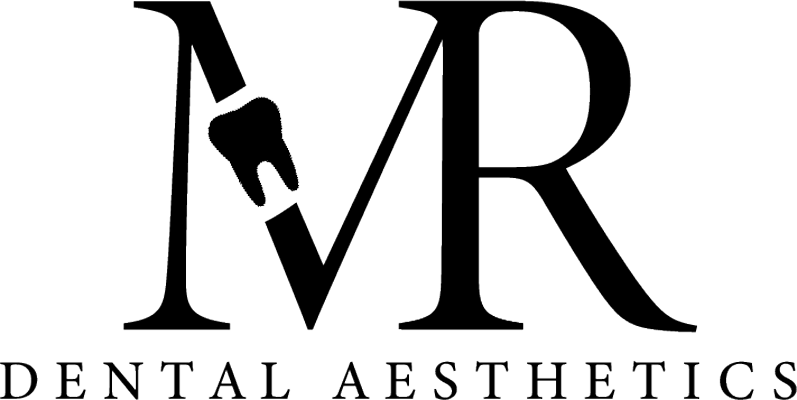Every smile is unique, and your bite alignment is one of the things that makes your smile one-of-a-kind. One common bite alignment that many of us have heard of is the overbite, which is when your top teeth overlap your bottom teeth. While a slight overbite is normal, a more severe overbite may cause long-term oral health issues.
Luckily, orthodontic treatment can correct an overbite for a more even smile. In this blog, we’ll take a closer look at what causes this alignment issue, how to fix an overbite, and why it matters.
What Is an Overbite and How Can You Fix It?
An overbite is a type of malocclusion – an abnormal tooth alignment. It happens when your upper set of teeth overlaps the bottom set of teeth. Some people with an overbite also have an overjet (more commonly known as “buck teeth”), which is when the front teeth stick out horizontally.
Is an Overbite Bad?
Having an overbite isn’t necessarily bad. Because of the way the jaw is shaped, it’s normal to have a very small overlap between the top and bottom teeth.
However, if you have an overbite that is very pronounced, it can cause more significant health problems. For example, a large overbite can affect the way you eat and speak, and it can also increase your risk of developing long-term oral health problems. A significant overbite can lead to dental complications such as tooth wear, jaw pain, and difficulties in biting and chewing. It can also affect speech and contribute to temporomandibular joint (TMJ) disorders.
What Causes an Overbite?
You might be wondering — is an overbite normal? Overbites are fairly common, and there are many potential causes. These include:
- Genetics: It may just run in your family! The shape of your jaw is largely genetic and can affect the shape of your bite.
- Bruxism: Bruxism, or chronic tooth grinding, can wear down your teeth and change their alignment.
- Thumb-sucking or pacifier use: It’s normal for children to suck on their thumbs or a pacifier when they’re young. However, if children continue this habit past age 5, it could push their teeth forward, causing a more pronounced overbite and overjet.
- Premature tooth loss: If you lose your baby teeth too early or your adult teeth unexpectedly, the rest of your teeth could shift. If the problem is not corrected, it can lead to a significant overbite.
How To Tell if You Have an Overbite
It can be difficult to tell if you have a normal overbite or if you have a more severe bite issue that needs treatment. Here are some of the most common signs and symptoms of an abnormal overbite:
- Cavities: A severe overbite can wear down tooth enamel faster than normal, making you more vulnerable to cavities.
- Breathing difficulties: In severe cases, an overbite can restrict your airflow, especially while sleeping. This can cause sleep apnea and other severe respiratory issues.
- Pain while chewing: A severe overbite can make it difficult to chew effectively. Many people overcompensate and move their jaws abnormally to eat, which can cause discomfort.
- Tooth erosion: An overbite will naturally result in wear and tear where the top and bottom teeth meet. Over time, the enamel can erode, resulting in changes to the shape of the teeth.
- Speech difficulties: A severe overbite can also make it difficult to pronounce certain words correctly. Some people with overbites will develop a lisp or have difficulty articulating certain letters.
- Gum disease: If your overbite is particularly pronounced, your top teeth can irritate your bottom gum line or vice versa. This can damage your gums, causing them to become inflamed more easily. If this issue isn’t treated, it can eventually cause gum disease (also known as periodontitis), which can lead to life-long care.
- TMJ disorders: In many cases, overbites are caused by a misalignment of the jaw, which can lead to issues with the temporomandibular joint. TMJ disorders can cause headaches, facial pain, and difficulty opening and closing your mouth.
How to Fix an Overbite: Treatments That Work
So can you fix an overbite, and what should you do if you have one? Luckily, there are many potential treatments available for overbites, and your dentist can help you determine which one is right for you. The best treatment will depend on several factors, including your age and the severity of your overbite.
Overbite Correction for Children
Many people develop overbites at a young age. In general, it is easier to treat children with overbites than adults. This is because the mouth and jaw are still developing, leaving them more malleable. Here are some of the possible treatments for overbites in children and adolescents:
- Braces: Braces are one of the most common treatments for overbites. Braces apply gentle pressure to the teeth, which helps guide them back into place. For a mild overbite, you may be able to use clear aligners instead of braces.
- Palate expanders: A palate expander is a device that fits onto the roof of your mouth and helps widen a narrow jaw. By widening the jaw, you prevent teeth from crowding and pushing outward.
- Retainers: After you get your braces removed, you will need to wear a temporary retainer. Retainers help hold the teeth in place and prevent them from shifting back into the overbite position.
- Headgear: Children with severe overbites may require headgear in addition to braces. Headgear is a device worn around the head and neck that attaches to braces. It applies extra pressure to the mouth (which isn’t possible with braces alone) which helps correct jaw misalignment issues.
- Extracting baby teeth: Baby teeth don’t always fall out before permanent teeth grow. When this happens, your dentist may extract baby teeth to prevent overcrowding and stop an overbite from developing.
Overbite Treatment for Adults
It can be difficult to treat overbites in adults, as the mouth and jaw are fully developed by adulthood. Because the condition has had far more time to progress, adults are more likely to experience more severe symptoms. Here’s how to fix an overbite in adults:
- Clear or traditional braces: For mild to moderate overbites, traditional braces may be enough to correct an adult overbite. Clear braces can be helpful if conventional braces would be disruptive to your lifestyle.
- Retainers: After getting orthodontic treatment for your overbite, you’ll need to wear a retainer as your dentist directs. This helps prevent the teeth from shifting back into their previous configuration.
- Tooth extractions: Many adults have overbites due to a narrow jaw, which can cause the teeth to crowd and push forward. Dental extractions can make space and help lessen the overbite.
- Orthognathic surgery: In severe cases, adult patients may require surgery to correct an overbite. Jaw surgery aligns the upper and lower teeth, making it easier to eat and speak.
What Happens if an Overbite Isn’t Treated?
If an overbite isn’t treated, the problem can get worse over time as the teeth continue to shift. This may cause long-term oral health problems, some of which could contribute to chronic health issues in other parts of the body. Here are some of the potential consequences of moderate to severe overbites.
- Tooth decay
- Gum disease
- Headaches
- Earaches
- Neck pain
- Jaw pain and stiffness
- Difficulty chewing
- Difficulty speaking
Expert Restorative and Cosmetic Dentistry in Beverly Hills
If you have an overbite, professional dental treatment can help realign your teeth and jaw. Correcting an overbite can be a confidence boost in addition to preventing severe oral health issues later in life.
At MR Dental Aesthetics, we offer a wide range of personalized overbite treatment options in a comfortable environment. Dr. Rashti is a Beverly Hills cosmetic dentist who focuses on long-term oral health, from periodontal care to TMJ treatments. Patients are always treated one at a time with the utmost respect and care, crafting a strong relationship built on trust.
Schedule your appointment today to learn more!
Overbite Correction FAQs
Here are answers to some of the most frequently asked questions we get about overbites.
How long does it take to fix an overbite?
The process of fixing an overbite can vary based on several factors, including the severity of the overbite and the treatment option you choose. The process can take anywhere from six months to two years.
Do overbites go away over time?
Unfortunately, overbites will not go away on their own. Professional dental treatment is necessary to re-align the teeth and prevent severe oral health issues.
How much overbite is ok?
A small amount of overbite is normal, but a moderate to severe overbite can cause oral health issues. In general, two to four millimeters of overlap between the upper and lower teeth is standard and won’t require correction.

